DiPotassium phosphate
Dipotassium phosphate, also known as potassium phosphate dibasic, is a versatile compound with several uses across various industries. Here are some common applications of dipotassium phosphate:
### Food Industry:
1. **Food Additive**: Dipotassium phosphate is used as a food additive in the food industry. It is commonly used as a buffering agent, emulsifier, stabilizer, and nutrient source in food and beverage products.
2. **Baking**: In baking, dipotassium phosphate may be used as a leavening agent to help baked goods rise and achieve a light and fluffy texture.
3. **Processed Meats**: It is used in processed meat products as a pH regulator and emulsifier to improve texture and enhance flavor.
### Agriculture:
1. **Fertilizers**: Dipotassium phosphate is used in agriculture as a source of potassium and phosphorus in fertilizers. These essential nutrients help promote plant growth, root development, and overall crop yield.
### Industrial Applications:
1. **Buffering Agent**: Dipotassium phosphate is commonly used as a buffering agent in various industrial processes, such as in the production of pharmaceuticals, cosmetics, and personal care products. It helps maintain a stable pH level in solutions.
2. **Water Treatment**: It is used in water treatment processes as a corrosion inhibitor to control the pH of water and prevent corrosion in industrial systems like boilers and cooling towers.
### Other Uses:
1. **Laboratory Reagent**: Dipotassium phosphate is used as a buffering agent and reagent in laboratory settings for various chemical reactions and experiments.
2. **Electroplating**: In the metal finishing industry, dipotassium phosphate may be used as an additive in electroplating solutions to improve the quality of metal coatings.
3. **Pharmaceuticals**: It may be used in pharmaceutical formulations as a buffering agent and to adjust the pH of medications.
### Summary:
Dipotassium phosphate is a multifunctional compound with uses ranging from food processing to agriculture and industrial applications. Its versatility as a buffering agent, nutrient source, and stabilizer makes it a valuable ingredient in a variety of products and processes across different industries.
Original price was: ₦80,000.00.₦75,000.00Current price is: ₦75,000.00.
Description
Dipotassium phosphate, also known as potassium phosphate dibasic, is a soluble salt with the chemical formula K2HPO4. It is commonly used in various industrial, agricultural, and food applications. Here are some key points about dipotassium phosphate:
### Industrial Applications:
1. **Buffering Agent**: Dipotassium phosphate is often used as a buffering agent in various industries, including the food and beverage industry. It helps to regulate and stabilize the pH of solutions, making it useful in processes where maintaining a specific pH is critical.
2. **Fertilizer**: In agriculture, dipotassium phosphate is used as a source of potassium and phosphorus in fertilizers. Potassium and phosphorus are essential nutrients for plant growth, and dipotassium phosphate provides a readily available source of these nutrients to support healthy plant development.
3. **Water Treatment**: Dipotassium phosphate is used in water treatment processes as a corrosion inhibitor. It helps to control the pH of water and prevent corrosion in industrial systems, such as boilers and cooling towers.
4. **Electroplating**: In the metal finishing industry, dipotassium phosphate is sometimes used as an additive in electroplating solutions to improve the adhesion and quality of metal coatings.
### Safety Considerations:
1. **Handling**: When handling dipotassium phosphate, it is important to wear appropriate personal protective equipment (PPE), such as gloves and safety goggles, to prevent skin and eye contact. Avoid inhaling dust or fumes from the substance.
2. **Storage**: Store dipotassium phosphate in a cool, dry, well-ventilated area away from incompatible materials. Keep containers tightly closed when not in use to prevent contamination and moisture absorption.
3. **Spills and Cleanup**: In case of spills, clean up the material following proper procedures. Avoid creating dust and ensure proper ventilation during cleanup. Dispose of waste according to local regulations.
4. **Emergency Response**: In case of exposure or accidental ingestion, seek medical attention immediately. Have a clear emergency response plan in place for dealing with potential accidents involving the substance.
Always refer to the Safety Data Sheet (SDS) provided by the manufacturer for specific safety information and handling instructions for dipotassium phosphate.

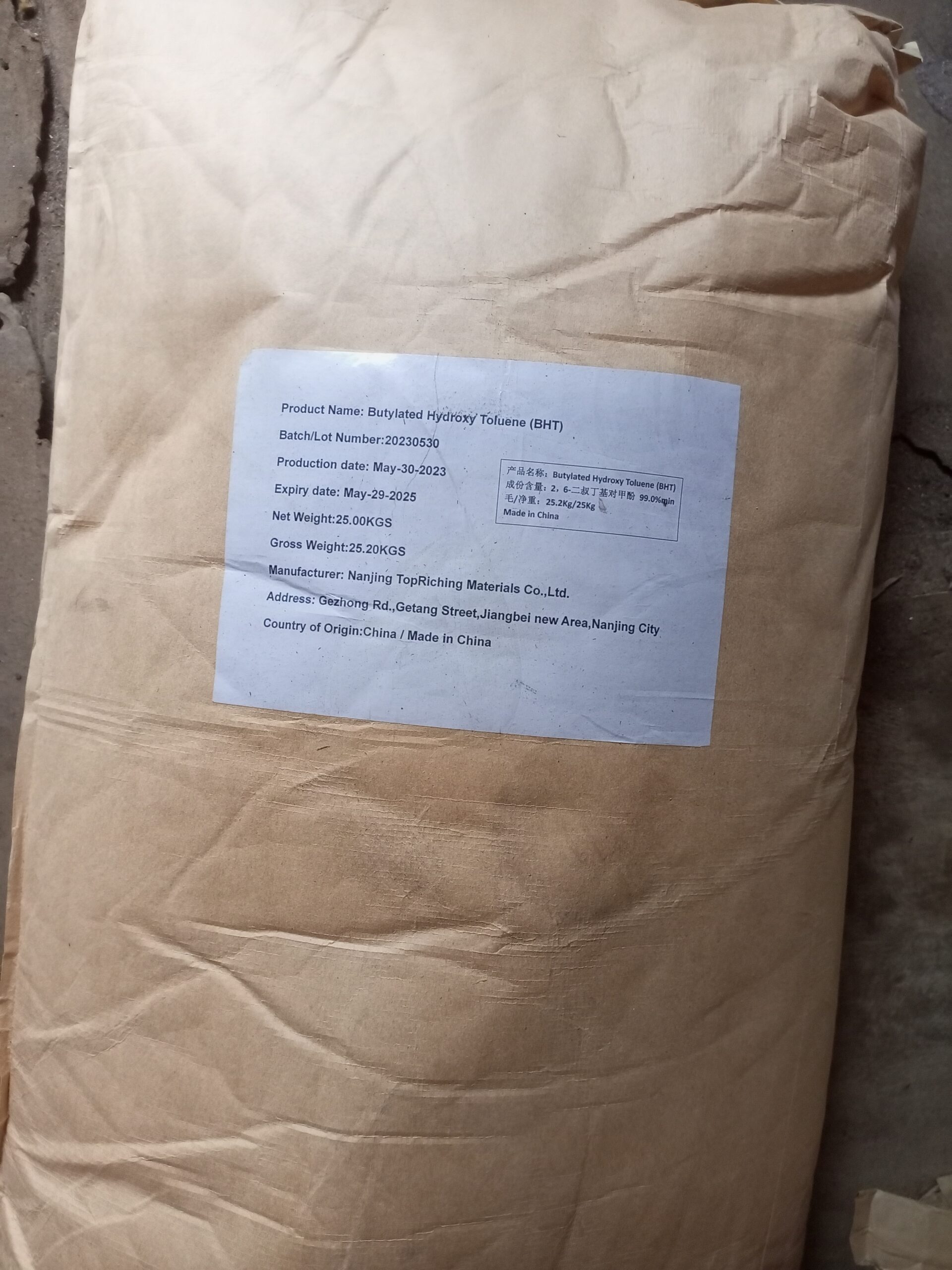
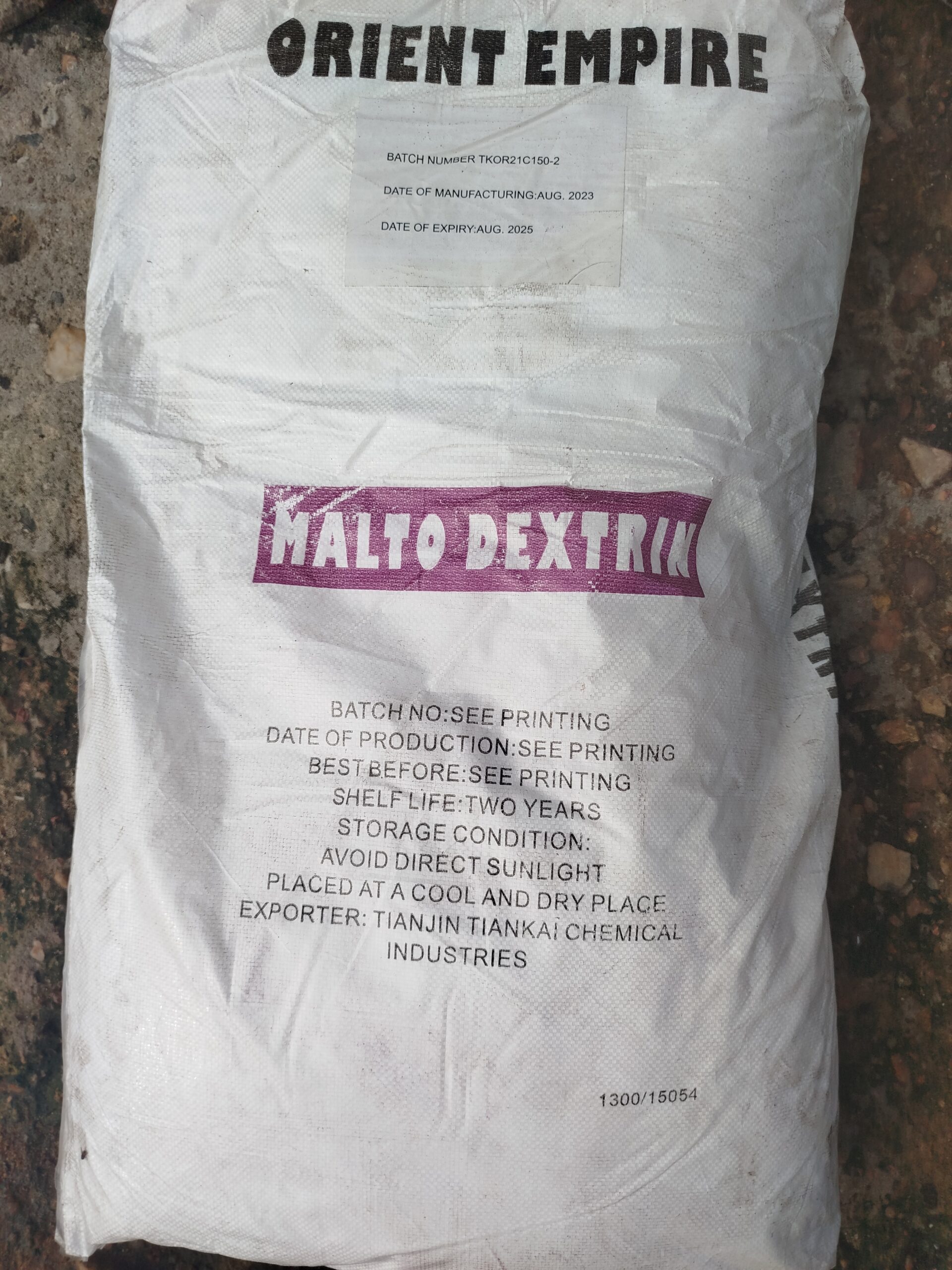
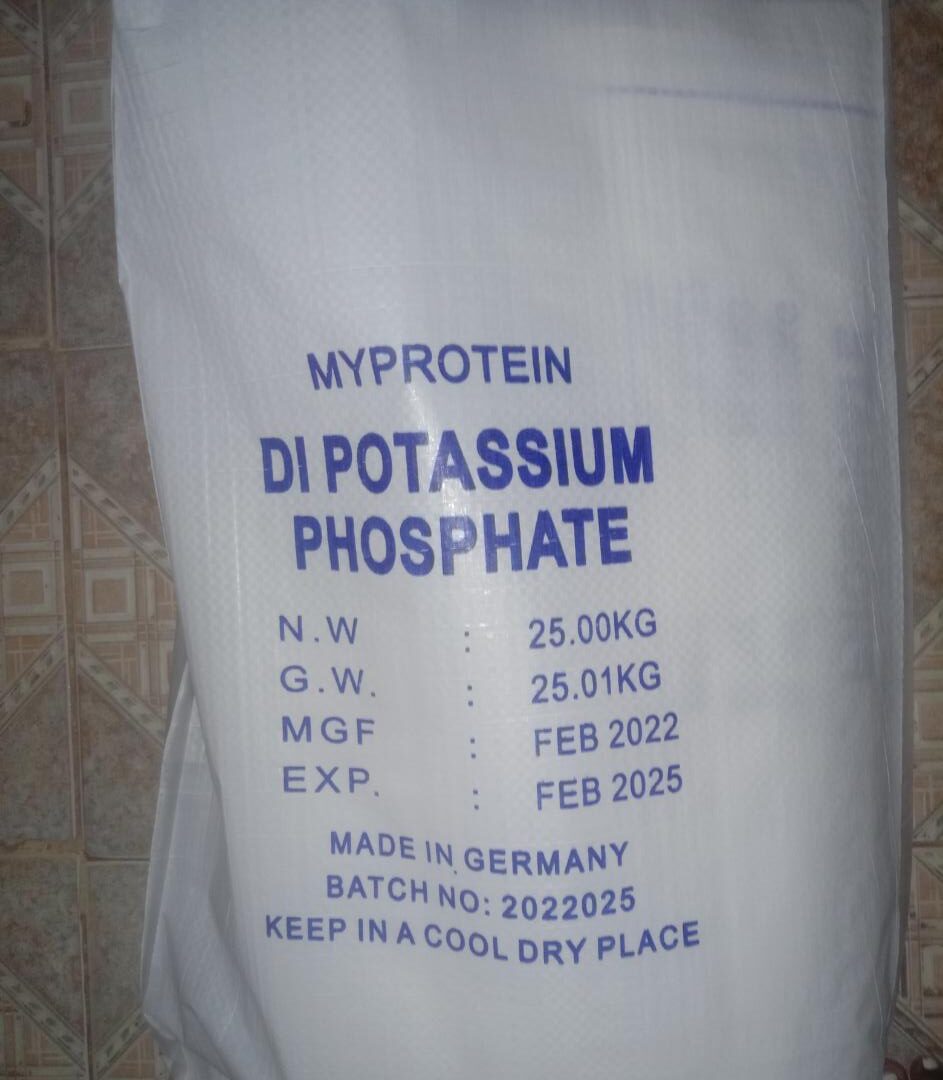
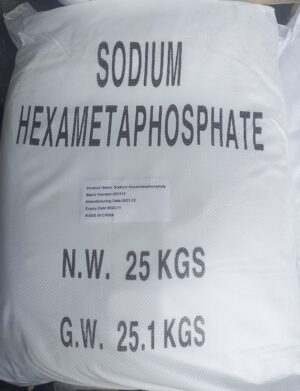
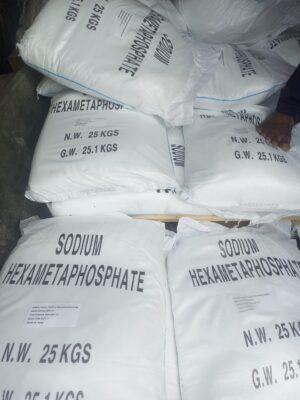




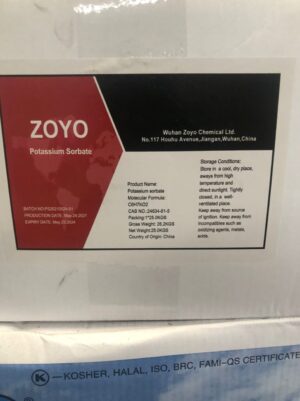
Reviews
There are no reviews yet.